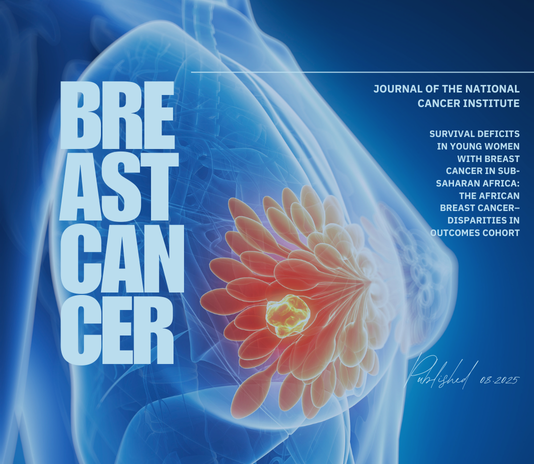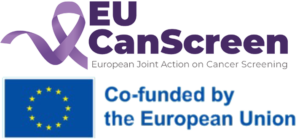Survival deficits in young women with breast cancer in sub-Saharan Africa
Disparities in outcomes

Υoung women with breast cancer
An IARC-led cohort study revealed striking survival gaps for young women diagnosed with breast cancer in sub-Saharan Africa. Among more than 2,000 women followed in five countries, over 20% were under the age of 40, and this group had markedly poorer survival than older patients. The disadvantage was most pronounced in women diagnosed within three years of childbirth, suggesting a mix of biological vulnerability and delayed care. Factors like limited access to treatment, late diagnosis, and systemic inequities compound the risk. The study ruled out HIV status and tumour subtype as full explanations for these outcomes. The results emphasise the need for early detection programmes and tailored support for young mothers facing breast cancer in resource-limited settings.
 Read More…
Read More…
#EuCanScreen #CancerScreening #HealthCare #CancerPrevention #YoungWomenCancer #BreastCancer
Subscribe to our newsletter to get news and updates.
Subscribe to our newsletter to get news and updates.

The general objective of EUCanScreen is to assure sustainable implementation of high-quality screening for breast, cervical and colorectal cancers, as well as implementation of the recently recommended screening programs – for lung, prostate and gastric cancers. EUCanScreen will facilitate the reduction of cancer burden and achieving equity across the EU.
This project has received funding from the European Union’s EU4HEALTH Programme under the Grant Agreement no 101162959










